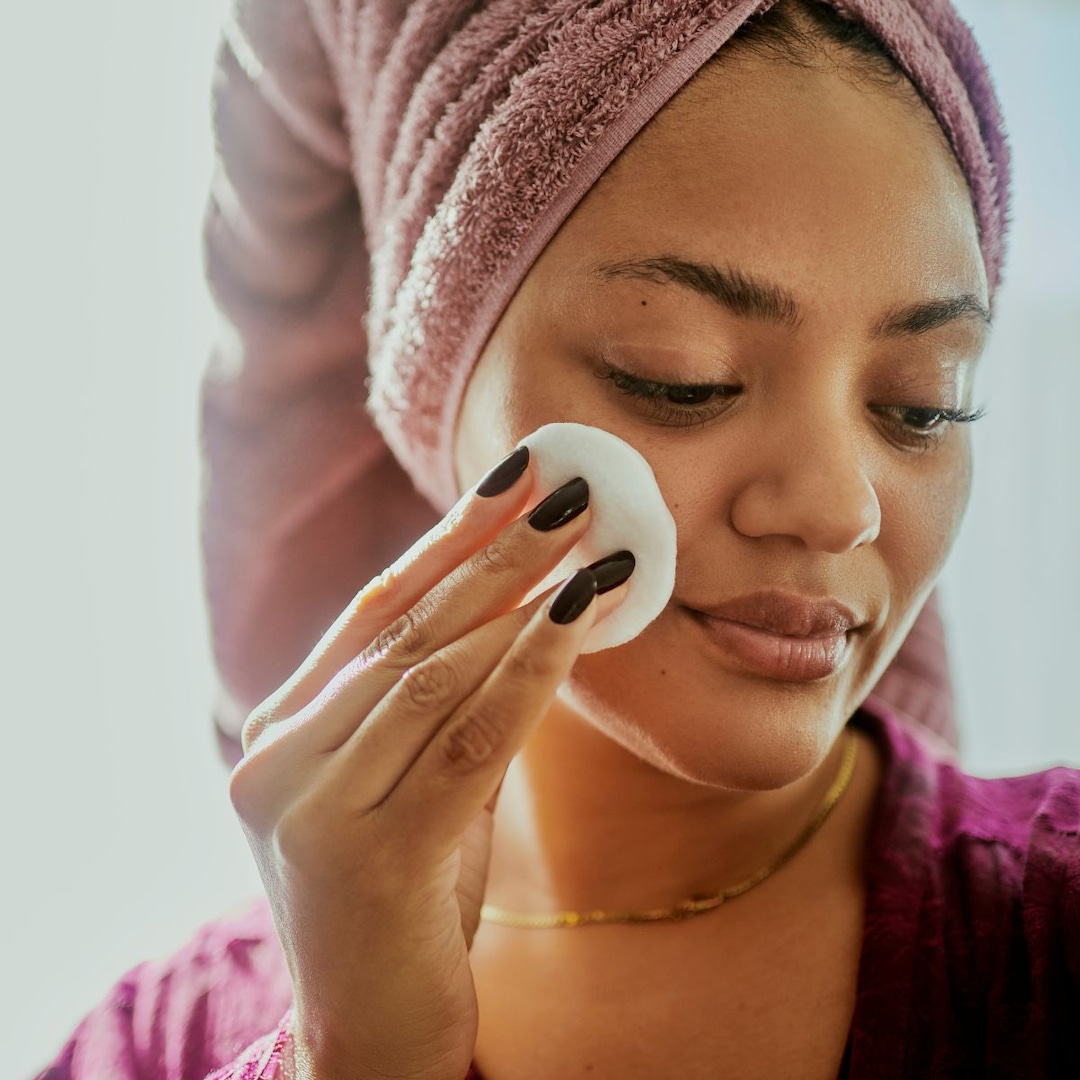Understanding Acne and Its Causes
Acne is a common skin condition that many people face, resulting from a combination of factors including excess oil production, clogged pores, and bacteria. Understanding the root causes of acne is the first step towards effective treatment. Keeping your skin clean and balanced is essential, as acne often arises from a buildup of dirt, grease, and sebum.
Effective Cleansing Practices
To combat acne, start with a gentle cleanser that maintains your skin’s natural moisture levels. It’s a myth that harsh cleansers can effectively reduce oil production; in fact, using them can lead to dryness, prompting your skin to produce even more oil as it tries to compensate.
Opt for a mild cleanser that is effective in removing impurities without stripping your skin of its essential oils. Some highly recommended products include gentle foaming cleansers that can lift dirt and makeup while maintaining skin hydration.
Incorporating Targeted Treatments
After cleansing, it is crucial to target breakouts directly with specialized treatments. Look for products containing ingredients such as benzoyl peroxide or salicylic acid. These ingredients are known for their effectiveness in treating acne by fighting bacteria and promoting skin cell turnover.
Using targeted treatments after cleansing can expedite healing and reduce the intensity of breakouts. Incorporate these treatments into your skincare routine, applying them directly to affected areas.
The Importance of Moisturizing
Many people with oily skin make the mistake of skipping moisturizer, fearing it will exacerbate their acne. However, hydration is essential for all skin types. Choose an oil-free moisturizer that helps maintain your skin’s balance without clogging pores. A lightweight formula can provide hydration without adding excess oil, ensuring your skin remains healthy and supple.
Breaking the Habit of Picking
One of the biggest challenges for those dealing with acne is the urge to pick or pop pimples. This habit can lead to increased inflammation, the spreading of bacteria, and even scarring. To help break this cycle, consider using pimple patches, which can cover blemishes and reduce the temptation to touch your face.
Pimple patches not only provide a barrier but also contain ingredients that can help treat the blemish. Additionally, applying a spot treatment can help shrink stubborn spots overnight, making them less noticeable and decreasing the temptation to pick.
Conclusion: A Comprehensive Approach to Acne Care
Managing acne is a holistic process that involves a combination of effective cleansing, targeted treatments, proper moisturizing, and breaking the habit of picking at your skin. By adopting a comprehensive skincare routine tailored to your skin type, you can significantly improve your skin’s condition and reduce the occurrence of breakouts. Remember, consistency is key, and it often takes time to see significant changes. If acne persists, consider consulting a dermatologist for personalized advice and treatment options.












